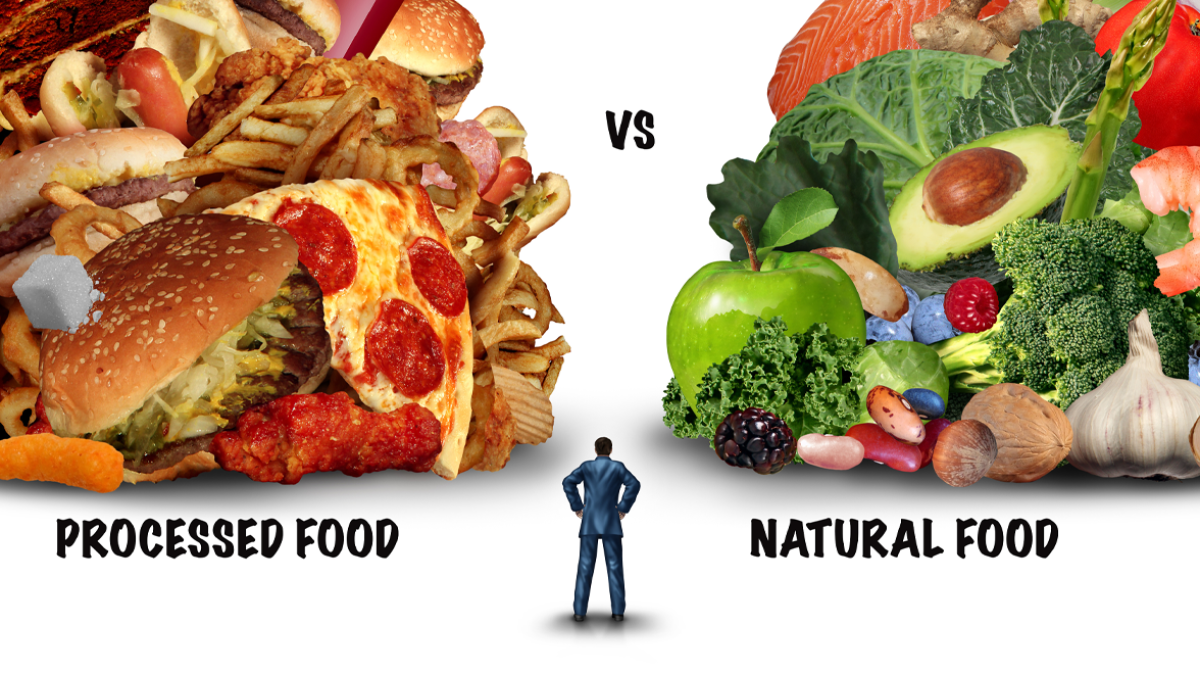Inflammation: it’s a term we often hear, but what does it really mean for your body and overall well-being? This natural process can be both a friend and a foe, playing a crucial role in healing and potentially leading to chronic health issues. Understanding inflammation is the first step toward managing it effectively. Let’s delve into the intricacies of inflammation and explore actionable ways to keep it in check.
What is Inflammation, and Why Should You Care?

Inflammation is your body’s natural response to injury or infection. It’s like the body’s personal emergency service, rushing to the scene to protect and heal. However, when inflammation becomes chronic, it’s like having an overzealous security system—it can do more harm than good, contributing to a host of issues like Arthritis, heart disease, and even depression.
Why should this matter to you? Because the choices you make every day—from what you eat to how you move—can directly influence your body’s inflammatory response. Making informed decisions can help you maintain a balance, keeping inflammation as a protective ally rather than a chronic enemy.
The Role of Diet in Managing Inflammation
What you eat significantly impacts your body’s inflammatory response. Some foods, like processed and sugary items, can rev up inflammation, while others, like fatty fish, leafy greens, and berries, can cool it down. Incorporating anti-inflammatory foods into your diet isn’t just about warding off illness; it’s a pathway to overall vitality and wellness.
To keep inflammation at bay, focus on a diet rich in whole, unprocessed foods. Think Mediterranean diet—fruits, vegetables, whole grains, nuts, and healthy fats. These foods are delicious and packed with antioxidants and nutrients that help soothe inflammation.
Embrace the Heat: How an Infrared Mat Can Revolutionize Your Health

Enter the world of infrared mats, a groundbreaking approach to managing inflammation and enhancing overall health. An infrared mat uses infrared technology to gently heat your body, providing a deep, soothing experience that goes beyond traditional heat therapies. Infrared heat is unique because it penetrates deeper into the tissues, promoting better circulation, relaxation, and detoxification.
Regular use of an infrared mat can help reduce chronic inflammation, relieve pain, and even improve sleep quality. It’s like having a personal spa session at home, harnessing the power of heat to transform your health.
Move More, Inflame Less: The Surprising Benefits of Regular Exercise
It’s no secret that exercise is good for you, but did you know it’s also a potent anti-inflammatory? Regular physical activity helps to reduce inflammation levels in the body, not just in the short term, but also long term. This doesn’t mean you need to run marathons or lift heavy weights; moderate activities like brisk walking, swimming, or yoga can benefit significantly.
As you engage in physical activity, your body releases a flood of anti-inflammatory chemicals. This natural response is like hitting the reset button on chronic inflammation. And here’s a pro tip: towards the end of your workout, consider incorporating foam rolling. This simple tool can help reduce muscle soreness and inflammation, making it an excellent addition to your fitness routine.
Sleep: The Unsung Hero in Fighting Inflammation

The power of a good night’s sleep goes beyond just feeling rested. Sleep plays a pivotal role in regulating inflammation. When you don’t get enough quality sleep, your body produces more inflammatory hormones, exacerbating chronic conditions and dampening your immune response. Aim for 7-9 hours of quality rest each night to harness the anti-inflammatory power of sleep.
Create a sleep-conducive environment: dark, cool, and quiet. Also, consider adopting a calming bedtime routine to help signal your body that it’s time to wind down. Prioritizing sleep isn’t just about avoiding grogginess; it’s a crucial step in keeping inflammation under control.
Mindfulness and Stress Reduction: Calm Mind, Calmer Body

Stress and inflammation are closely linked. Chronic stress can trigger and worsen inflammation, leading to a vicious cycle affecting both mental and physical health. Incorporating mindfulness and stress-reduction techniques into your daily life can break this cycle.
Practices like meditation, deep breathing, or even just taking a few minutes to relax and enjoy the moment can have profound anti-inflammatory effects. These techniques help lower stress hormone levels, reduce inflammation, and promote a sense of well-being. Remember, a calm mind often means a calmer body.
The Importance of Hydration
Adequate hydration plays a pivotal role in maintaining overall health and particularly in reducing inflammation. Our bodies are composed of about 60% water, making hydration essential for every cellular function. Water helps to flush toxins out of vital organs, carries nutrients to cells, and provides a moist environment for ear, nose, and throat tissues.
Lack of adequate hydration can lead to a buildup of toxins, which can increase inflammation in the body. Drinking enough water is a simple yet effective way to support your body’s natural ability to fight inflammation and maintain health. Aim for at least 8-10 glasses of water a day, and remember that fruits and vegetables also contribute to your daily water intake.
Limitation of Processed Foods

Processed and highly refined foods are often high in unhealthy fats, sugars, and additives, which can contribute significantly to inflammation in the body. These foods can disrupt your body’s natural balance, leading to an increased risk of chronic diseases associated with inflammation, such as heart disease, diabetes, and arthritis.
By minimizing the intake of these foods and focusing on a diet rich in whole, unprocessed foods, you can help reduce inflammation and improve overall health. Incorporating a variety of fruits, vegetables, whole grains, lean protein, and healthy fats into your diet provides essential nutrients that help combat inflammation.
Smoking and Alcohol
The detrimental effects of smoking and excessive alcohol consumption on inflammation and overall health are well-documented. Smoking not only contributes to inflammation but also increases the risk of numerous health conditions, including heart disease, stroke, and lung cancer. Similarly, excessive alcohol consumption can lead to inflammation and damage to your body’s organs.
It’s crucial to quit smoking and consume alcohol only in moderation, if at all. Making these lifestyle changes can significantly reduce your body’s inflammatory response and improve your overall health and well-being.
Regular Health Check-ups

Regular health check-ups are vital for monitoring your inflammatory markers and overall health status. These check-ups can help in the early detection of inflammation-related issues, allowing for timely interventions. Inflammatory markers like C-reactive protein (CRP) and others can be monitored through blood tests.
Along with these markers, regular health assessments, including blood pressure, cholesterol levels, and body weight, can provide insight into your overall health and help identify potential issues before they become serious. Schedule annual or bi-annual appointments with your healthcare provider to stay on top of your health and address any concerns promptly.
Inflammation can be a complex puzzle, but understanding how your lifestyle influences it is a significant first step. Every choice matters, from the foods you eat to the quality of your sleep.
Adopting a holistic approach—focusing on diet, exercise, sleep, and stress management—can help keep inflammation in check and embrace a healthier, more vibrant life. Remember, small changes can lead to big improvements in how you feel, both inside and out.



